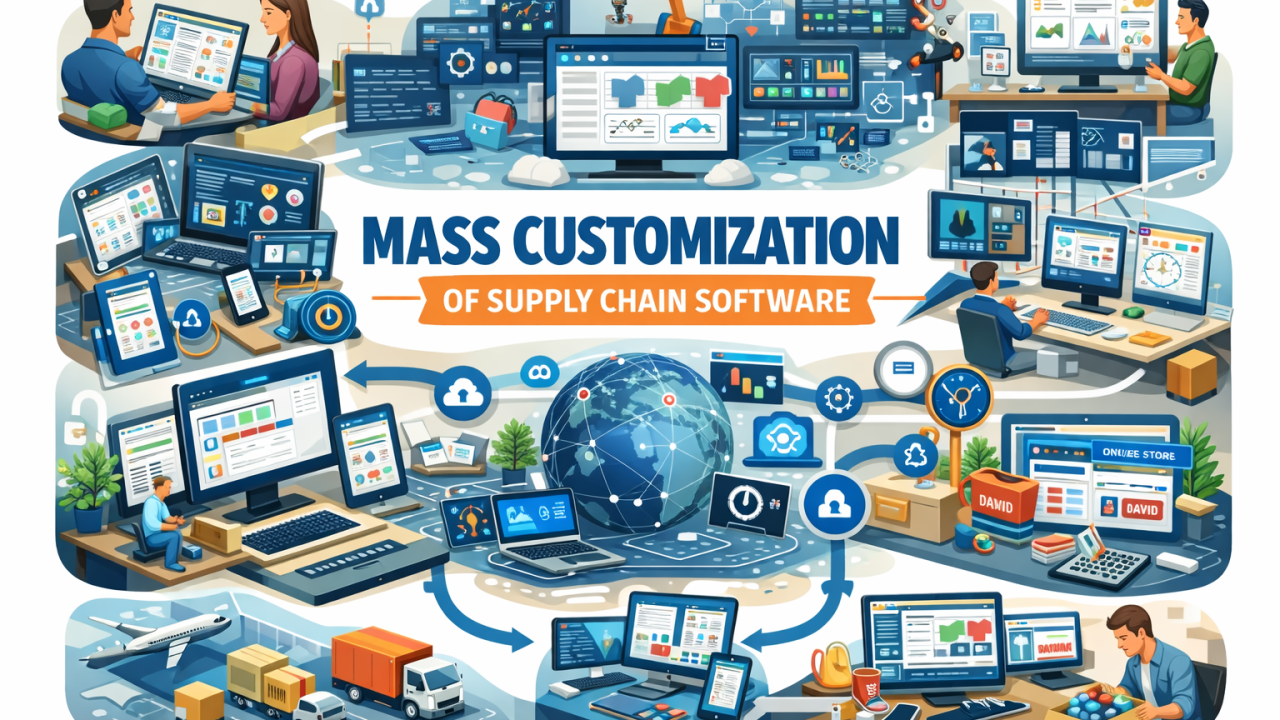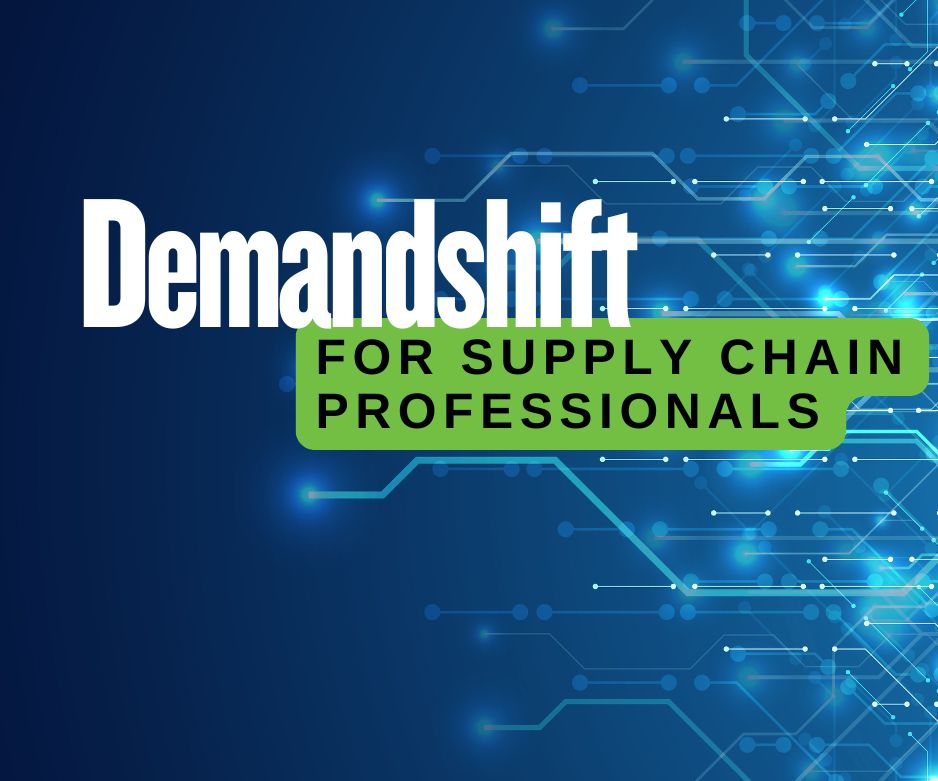As a Chief Supply Chain Officer (CSCO) of a consumer goods company, you are no stranger to the constant pursuit of productivity, automation, and actionable insights. In this dynamic and challenging global marketplace, staying ahead of the curve is essential for driving faster and better decision-making processes. Excitement abounds as ground-breaking technology, generative AI, emerges as a game-changer for supply chain planning.
As a digital supply chain expert at Firstshift, an innovative technology company, I am equipping you with five essential insights on leveraging generative AI to accelerate and elevate your supply chain planning initiatives.
Generative AI, with its unique ability to efficiently generate new insights from both structured and unstructured data, has the potential to transform your supply chain strategy. As a seasoned expert in supply chain planning technology, cloud solutions and AI, including generative AI, Firstshift holds the key to unlocking unprecedented efficiencies and gaining valuable AI-driven insights.
As a CSCO, your role in catalyzing your company’s value proposition with generative AI is vital. And understanding its capabilities and limitations will be paramount in positioning your organization for success. So, let’s explore the five things every CSCO should know about generative AI. Armed with this knowledge, we’ll empower you to take your supply chain planning to the next level with the innovative power of generative AI.
1. Democratization of Supply Chain Insights: The natural language interpretation and generation capabilities of generative AI can make supply chain insights accessible to more participants within and outside (partners) the enterprise. Processes like Sales and Operations Planning (S&OP) will benefit greatly from generative AI driven insights and the ability to explore multiple business scenarios.
2. Unleashing Unstructured Data: Generative AI’s ability to process unstructured data (documents, emails, etc.) both internal to the enterprise and external unlocks a treasure trove of insights, enabling you to extract value from previously untapped sources. The additional insights can be extremely valuable in areas like supply chain risk management and demand planning.
3. The power of Domain Specific LLMs: Foundational models like GPT-4 (short for “generative pre-trained transformer”), trained using the vast ocean of information available on the internet have shown great promise in use cases associated with content generation. Domain specific LLMs (Large Language Models) that are built by pre-training or fine tuning LLMs with domain specific content (rules, data models etc.) will certainly have a revolutionary impact on enterprise business processes including supply chain processes.
4. Generative AI Enabled Automation: Intelligent agents enabled by generative AI are starting to show promise in automating complex sequences of repetitive tasks. Experiments in this area like Auto-GPT are quickly evolving into more robust and enterprise ready agents. Supply chain processes that rely on making decisions and performing actions based on insights generated from disparate information are prime use cases for these agents.
5. Embrace the Future: View the exploration of generative AI as a mandate rather than an option. It can transform supply chain planning by enhancing data utilization, evaluating diverse business scenarios, accelerating insights, and optimizing key supply chain goals. As CSCOs, you have a crucial role in leading your organization into the future. Embrace generative AI’s transformative potential and position your company to excel in an ever-evolving supply chain landscape.
With generative AI poised to redefine supply chain processes including supply chain planning, CSCOs have an unprecedented opportunity to drive productivity, automation, and strategic insights. Armed with these five crucial insights, you are well-equipped to embrace the possibilities of generative AI and elevate your organization’s supply chain planning to new heights of success. By capitalizing on this innovative technology, you can stay ahead of the competition and revolutionize your supply chain for the better. Embrace the future with generative AI and pave the way for a more efficient and effective supply chain ecosystem.
Ready to make the smart shift?
Our innovative AI-powered platform fuels data-driven recommendations and automation to optimize your demand planning, drive customer satisfaction, and boost your bottom line. Schedule a demo to see the power of generative AI to optimize your supply chain strategy.
About Firstshift
Firstshift’s innovative supply chain planning platform leverages artificial intelligence to automate tedious tasks and provide actionable insights, that free up your valuable resources, allowing you to scale without compromising quality, overloading your team, or incurring unnecessary risks. Experience greater confidence, faster decision-making that comes from new insights, and drive your business forward. The AI-powered supply chain planning platform transforms company operations from the first shift today and into the possibilities of tomorrow. Make the smart shift.

.svg)

.svg)
%201.svg)
.jpg)


.svg)
.svg)
.svg)